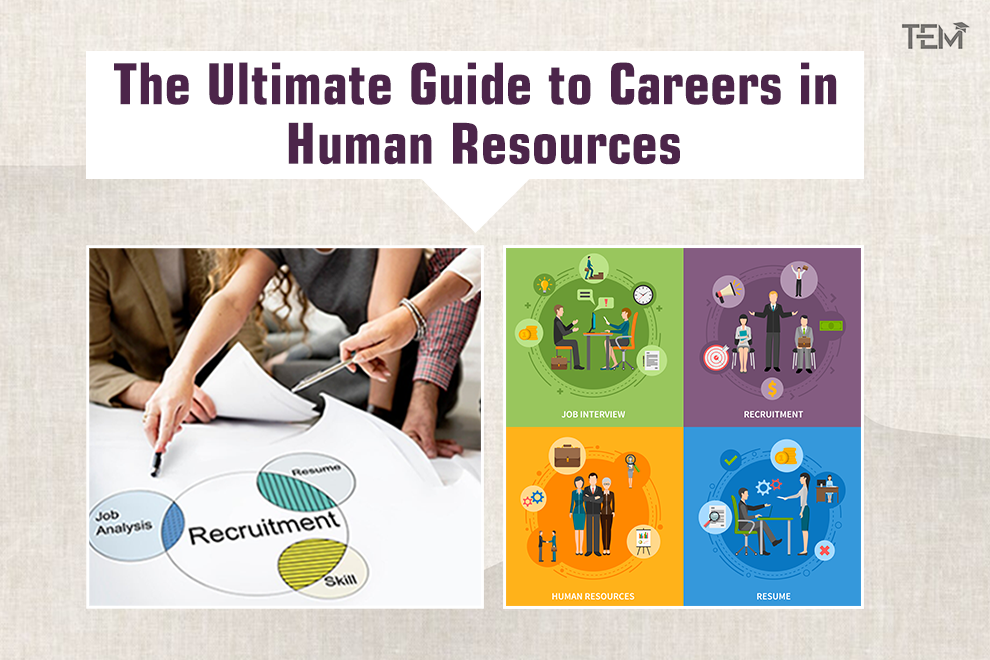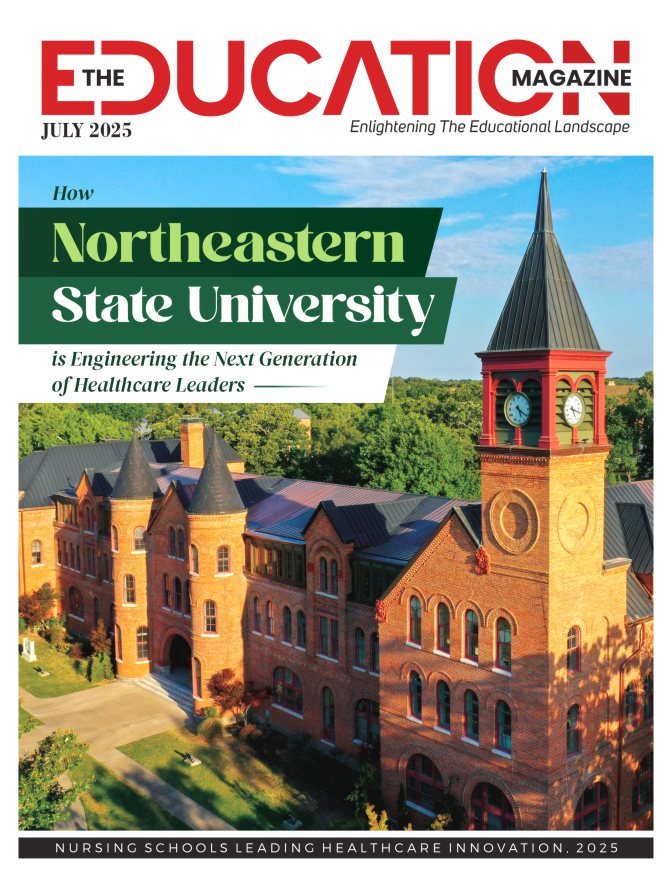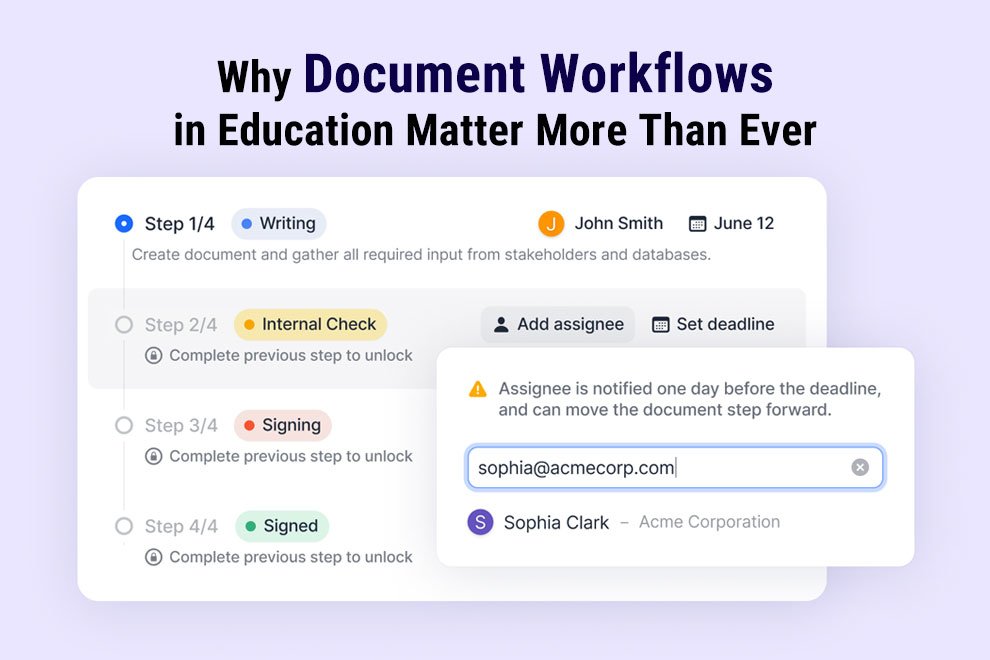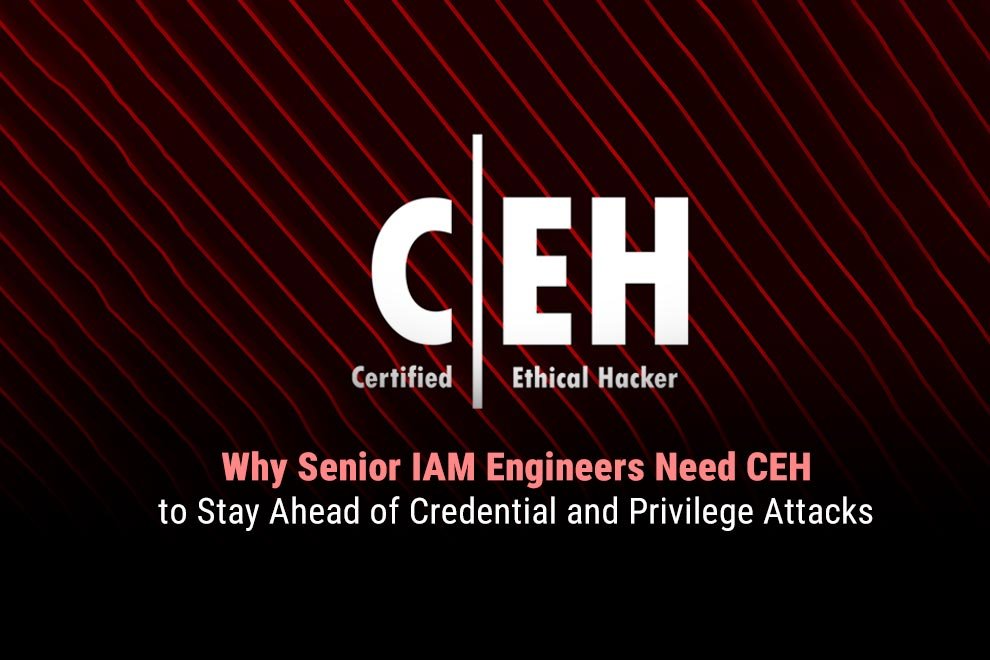So, HR. It pulled you in, huh? Perhaps you’re naturally outgoing and enjoy being around people. Maybe you just inherently understand how businesses operate. Perhaps you’re enthusiastic about making work more enjoyable for everyone. Whatever your ‘why, ‘ you’re looking at a field that’s rarely static, definitely keeps you on your toes, and, honestly? It can be incredibly satisfying.
Exploring Careers in Human Resources means looking into this vital area. Forget HR being just some admin corner office. Think of it more like the company’s mission control. Or maybe it’s heartbeat. It’s what keeps the whole thing ticking and, crucially, makes sure the people inside are genuinely okay.
But let’s ditch the jargon for a second. What does an HR career feel like day-to-day, beyond the old-school paper-pusher image? That picture is so outdated that it’s gathering dust. Today’s HR is right there in the strategic thick of it, using data like a pro and tangled up in pretty much every part of the business. If you’re thinking this might be your path, stick around. This guide’s built for folks like you, trying to map out this world and see where you might fit, aiming to clear up the path and show you the possibilities waiting down the road for Careers in Human Resources.
What is Human Resources? More Than Just Hiring and Firing.
Boil it down, and HR is about the people. The humans. The talent- whatever you call them- they’re the single most vital part of any organization. Sounds simple? Well, yes and no. That simple idea explodes into a ton of different jobs covering the whole rollercoaster of someone’s time with a company–from “Help Wanted” to “Farewell Party.” Let’s unpack the main bits:
- Getting People In the Door (Talent Acquisition): This is the HR you probably know best. It’s that whole dance: figuring out who’s needed, shouting it from the rooftops (job ads!), sifting through hopefuls, having those make-or-break chats (interviews), and finally rolling out the welcome mat. It’s about getting the right talent right now.
- Show Me the Money (and Perks!) (Compensation & Benefits): How much is the job worth? What goodies come with it – health plan, retirement fund, time off? Comp & Ben folks figure all that out. They build the pay scales, make sure everyone gets paid right, handle the benefits maze, and try to keep it all fair, competitive, and, you know, legal. It’s more number-crunchy, this bit.
- Keeping Harmony (Employee Relations): Think of this as the workplace diplomacy branch. Handling complaints, playing mediator when things get tense, making sure everyone understands the rules of the game, and yes, sometimes dealing with the tough stuff like discipline. You need a calm head, good ears, and serious people skills here. Trust me on this one.
- Level Up! (Training & Development – T&D): People need to grow, right? T&D figures out what skills are missing, builds ways for people to learn (workshops, online courses, mentoring – you name it), and generally pushes for a culture where getting smarter is just part of the job.
- How’s Everyone Doing? (Performance Management): This isn’t just about yearly reviews (though that’s part of it). It’s about making sure everyone knows what success looks like, having ongoing chats about progress, giving feedback that helps, and connecting individual effort to the big company goals. It’s about unlocking potential.
- Staying Out of Trouble (HR Compliance): Okay, the rulebook for employment law is thick. Seriously. Wage rules, anti-discrimination laws, safety codes… It’s a minefield. HR compliance is about having the map and the minesweeper, guiding the company through safely. It’s critical. Ignore it at your peril.
- The People Tech (HR Information Systems – HRIS): HR runs on software these days. Big time. HRIS specialists are the wizards behind the curtain, managing the systems for payroll, benefits, applicant tracking, employee data – all the digital plumbing.
- Building a Better Machine (Organizational Development – OD): This is the zoomed-out, strategic view. OD folks look at how the company itself is built – its structure, its vibe (culture), how it handles change, how teams click (or don’t). They try to make the whole organism healthier.
Why pursue a job in Human Resources? What’s the appeal?
Picking a career isn’t trivial. So, why HR? What makes people choose this path when exploring Careers in Human Resources?
- You Change Things: You directly shape how people experience their work life. Helping someone nail an interview, coaching a manager, building a program that boosts morale? That’s a real impact you can see.
- Boredom? Not Likely: Your days will fly by, filled with different challenges, different people. One hour you’re deep in policy details; the next, you’re coaching someone through a career crossroads. It’s got range.
- You Get a Seat at the Table: Smart companies know their people are their strategy. HR isn’t just support anymore; it’s a strategic partner involved in the big decisions. HR folks have a seat at the main table, helping make big decisions that affect the whole company, elevating modern Careers in Human Resources. Your voice matters.
- You Never Stop Learning: The world of work shifts constantly. New laws, new tech, new ideas about leadership and teams. If you like learning, HR will keep you fed. Plus, plenty of ways to specialize and climb.
- It’s Fundamentally Human: If you’re genuinely drawn to understanding, helping, and connecting with people in all their messy, wonderful variety, HR puts you right in the heart of that.
Finding Your Flavor: Different Kinds of HR Roles
HR isn’t one-size-fits-all. Think of it like a giant buffet with different stations when you consider Careers in Human Resources.
- The All-Rounder (HR Generalist): Often your first step, or the main role in smaller places. You dip your toes into almost everything. Great way to learn the landscape.
- The People Finder (Recruiter/Talent Acquisition): Pure focus. If you love the chase, matching talent to opportunity, and being the ‘face’ of the company to candidates, this is for you.
- The Pay & Perks Pro (Compensation & Benefits): Got a head for numbers and a passion for fairness? This track lets you design how people are rewarded.
- The Growth Guru (Training & Development): Love seeing that ‘aha!’ moment? Designing learning experiences and helping people unlock new skills is your jam.
- The Peacemaker/Problem Solver (Employee Relations): Requires nerves of steel, empathy, and a knack for navigating thorny workplace issues and legal gray areas.
- The Systems Sage (HRIS): If you love tech, data, and making processes smoother using software, this blend of HR and IT could be perfect.
- The Business Buddy (HR Business Partner – HRBP): You partner directly with a specific department (like Sales or engineering), acting as their dedicated HR strategist. Very plugged into the business side.
- The Big Boss (Chief Human Resources Officer – CHRO): The strategic head of the entire people function. Setting the vision, leading the team. The top of the HR mountain.
Gearing Up: Skills You Need
To thrive in HR, you need a specific blend of talents, essential for a successful career in Human Resources.
- Talking and Writing Clearly: I can’t overstate this. Policies, emails, interviews, presentations, tough talks–clear communication skill is your bedrock.
- Getting People (Interpersonal Skills & Empathy): You need to build trust fast, listen more than you talk, and genuinely try to see where others are coming from. It’s essential.
- Untangling Knots (Problem-Solving & Decision-Making): You’ll face messy problems with no easy answers. You need to think logically, weigh options, and make sound calls, often under pressure.
- Herding Cats (Organization & Detail-Orientation): Records, deadlines, compliance checks, multiple projects… without killer organizational skills, you’ll drown.
- Being a Vault (Ethical Judgment & Discretion): People will trust you with sensitive stuff. Their careers might be in your hands. Integrity isn’t optional; it’s everything.
- Thinking Like the Business (Business Acumen): Why does this HR initiative matter to the bottom line? Understanding the business helps you make smarter HR choices.
- Making Tech Your Friend (Tech Savviness): From HR software to maybe even basic data analysis, you need to be comfortable with the tools of the trade.
- Knowing the Rules (Labor Law Basics): Gotta have a working knowledge of the major employment laws to keep yourself and the company safe.
Education, Experience, and Certifications: Building Your Foundation
No single golden ticket guarantees entry, but here’s the usual playbook:
- Diplomas & Degrees: A Bachelor’s is often the starting line – HR, Business, and Psychology degrees are common launchpads. Thinking bigger? A Master’s (MHRM, MBA) can speed things up, especially for leadership tracks.
- Get In There! (Internships): Real-world reps are gold. An internship shows you’ve seen HR outside a textbook and helps you build contacts. Go get one if you can!
- Badges of Honor (Certifications): Credentials like SHRM-CP/SHRM-SCP or PHR/SPHR tell employers you’re serious and meet a certain standard. They matter more as you progress.
Getting Your Foot In: Landing That First HR Job
Breaking in can feel tough, but people do it every day as they start their Careers in Human Resources. Here’s how:
- Ditch Generic: One resume does NOT fit all. Tailor that thing! Pull out keywords from the job ad. Make your cover letter speak directly to them. Connect your experiences (even non-HR ones) to what they need.
- Network Like You Mean It: Seriously. Talk to people. Use LinkedIn smartly. Go to events (online counts!). Ask for quick chats. So many jobs happen through connections.
- Find the HR Angle: Worked retail? You handled tricky customers (employee relations!). Managed a student project? You organized people (project management!). Frame your skills through an HR lens.
- Prepare for Their Questions: They will ask, “Tell me about a time…” Be ready with specific stories. Think about how you’d handle common HR headaches. Show you’ve thought about their company.
- Start Smart: Maybe your first role isn’t HR Manager. Look at HR Assistant, Coordinator, or Recruiting Coordinator roles. They are fantastic launchpads. Get in, learn, and then make your move.
Crystal Ball Gazing: What’s Down the Road for HR?
The work world’s always morphing, and HR’s right there with it. What’s on the horizon?
- Rise of the Robots (Sort Of): AI and automation are taking over routine tasks (goodbye manual resume sorting!), freeing up humans for the human stuff.
- It’s All About Experience: Companies are doubling down on making work good. Think engagement, well-being, and mental health support – creating places people want to be.
- Data is King (People Analytics): Using cold, hard data to make smarter choices about who to hire, how to keep them, and what makes them tick. Less guesswork, more insights.
- Walking the Walk (DEI): Diversity, Equity, and Inclusion isn’t just a buzzword; it’s being baked into every HR process to build fairer, stronger teams.
- Work From… Anywhere? (Remote/Hybrid): The new normal needs new rules. HR is figuring out how to manage culture, collaboration, and fairness when the team is spread out.
Your HR Story Starts Now
Look, choosing HR means signing up for a career that blends sharp business thinking with a deep focus on people – a hallmark of rewarding Careers in Human Resources. It’s a path that demands you keep learning, stay flexible, and hold tight to your ethics. Sure, you’ll have tough days – tangled employee issues, competing priorities – but the buzz you get from helping build a great team, shaping a positive culture, and genuinely impacting people’s work lives? That’s hard to beat.
If you feel that pull – wanting to be that strategic partner, that trusted ear, that person who helps both people and the business win – then maybe, just maybe, HR is where you belong. So, jump in. Ask questions. Build connections. Hone those skills. The future of work needs good people shaping it. Maybe that includes you. Go for it.










